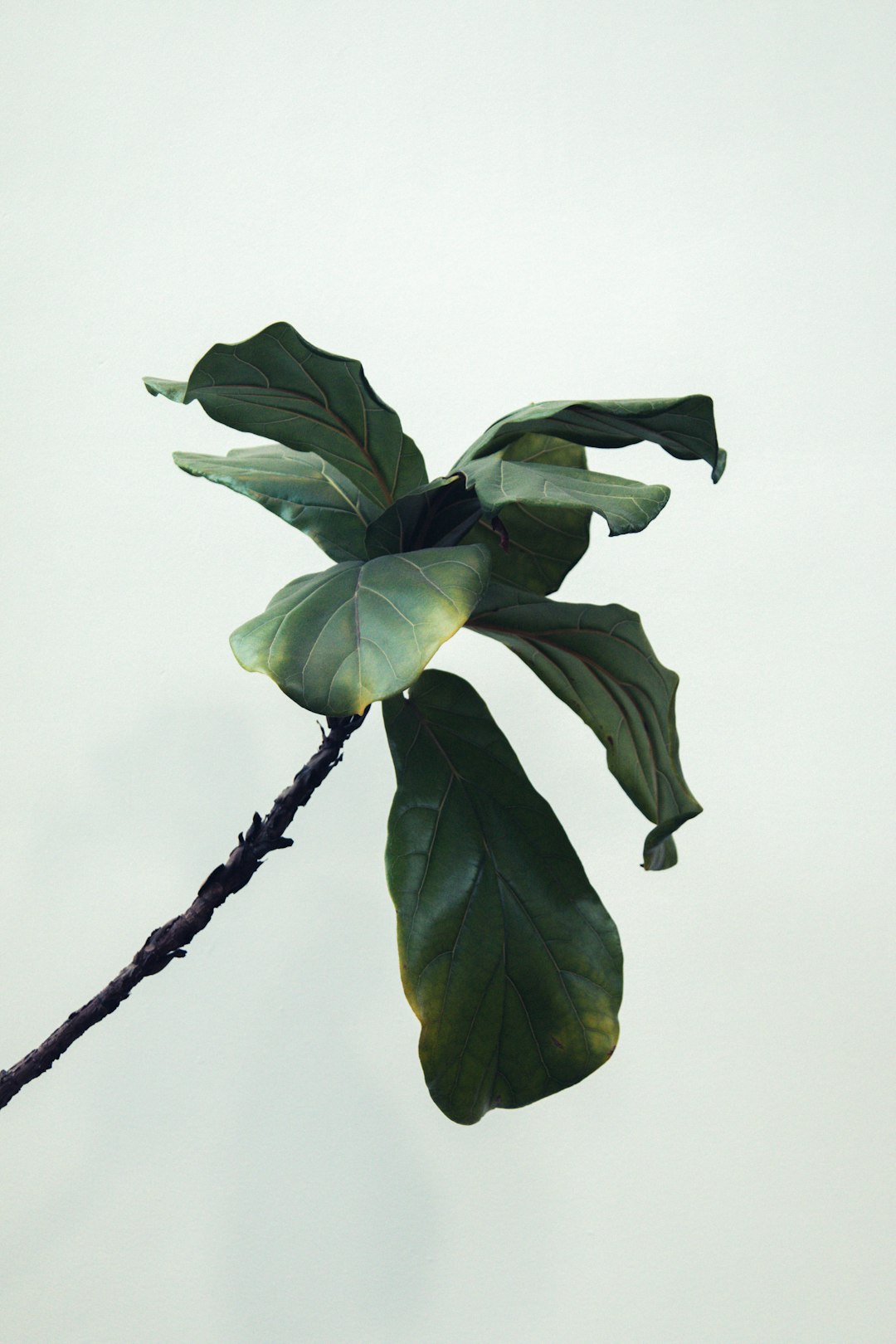Luke Parables of Jesus: The Barren Fig Tree (and more)
Luke 13:16-19; Luke 13:18-21
“And He began telling this parable: “A man had a fig tree which had been planted in his vineyard; and he came looking for fruit on it and did not find any. And he said to the vineyard-keeper, ‘Behold, for three years I have come looking for fruit on this fig tree without finding any. Cut it down! Why does it even use up the ground?’ And he answered and said to him, ‘Let it alone, sir, for this year too, until I dig around it and put in fertilizer; and if it bears fruit next year, fine; but if not, cut it down.’ ”
Luke 13:6-9 NASB1995
The next parable in Luke is the short story about the fig tree that has not born fruit in three years. Setting the context, Jesus tells this parable after talking about two tragedies that had occurred. The first one was to a group of people from Galilee who were killed in some manner and their blood was mixed into the sacrifices to the Roman gods by Pontius Pilate (yes, that same brutal Roman governor). The second story was about the loss of life for 18 men after a tower collapsed in Siloam. Jesus tells the crowd that these people did not deserve their fate because they were worse sinners than anyone else, but then he goes on to say that everyone who does not repent deserves to perish. We all might die at any time (see the last parable about the Rich Fool), so repentance and our focus on eternal salvation must be foremost in our minds.
This parable of the barren fig tree is told to demonstrate the incredible patience that God has with us when we are “planted”. He expects fruit, like the fruits of the Holy Spirit as described in Galatians 5:22-23 (love, joy, peace, patience, kindness, goodness, faithfulness, gentleness, and self-control). He, like the owner the fig tree, gives us special care and nourishment. But there will come a day of reckoning, when God will be just in His judgment. Commentary by David Guzik in the Blue Letter Bible for Luke 13 says this about the stubborn fig tree, who represents the useless sinner:
i. “There is a time for felling fruitless trees, and there is an appointed season for hewing down and casting into the fire the useless sinner.” (Spurgeon)
ii. [William] Barclay drew several wise points of application from this:
Uselessness invites disaster.
If something only takes, it can not survive.
God gives second chances.
There is a final chance.
After Jesus tells this parable, he goes on to heal a disabled woman on the Sabbath, drawing much ire from the Pharisees. There are two very short parables that follow this incident that are worth noting:
“So He was saying, “What is the kingdom of God like, and to what shall I compare it? It is like a mustard seed, which a man took and threw into his own garden; and it grew and became a tree, and the birds of the air nested in its branches.” And again He said, “To what shall I compare the kingdom of God? It is like leaven, which a woman took and hid in three pecks of flour until it was all leavened.”
Luke 13:18-21 NASB1995
These two very short parables are often talked about in a positive context, in that they are describing the Kingdom of God (the church) as growing large and pervasive, like the mustard seed (tiny seed that grows into a huge tree) and the leaven (yeast) permeating the dough. However, I was surprised when reading commentary that these two parables are NOT positive images of the church, but are cautionary tales about corruption. Here are some comments that David Guzik identifies about these short parables in his commentary on Luke 13 (see the link above):
iv. This parable [the mustard tree] accurately describes what the kingdom community became in the decades and centuries after the Christianization of the Roman Empire. In those centuries the church grew abnormally large in influence and dominion, and was a nest for much corruption. “Birds lodging in the branches most probably refers to elements of corruption which take refuge in the very shadow of Christianity.” (Morgan)
…
i. G. Campbell Morgan wrote that the leaven represents “paganizing influences” brought into the church. “The parable of the tree, teaches the growth of the Kingdom into a great power; and the second, the parable of the leaven, its corruption.” (Morgan)
So in Luke 13, Jesus tells us how patient God is with His people to bear fruit and also warns us about corrupting influences (like today’s secular culture) that can infiltrate His churches. Throughout the history of Christianity, we have certainly seen the corrupting influences of power and wealth occurring many times and now we also see churches bowing down to the latest fads and trends in our society. I was surprised to know these interpretations of these seemingly benign parables. This is such a great learning experience doing these devotionals!
My next devotional examines Luke 14:7-14, the Parable of the Invited Guests.
Commentary by David Guzik from Enduring Word and the Blue Letter Bible is used with written permission.



